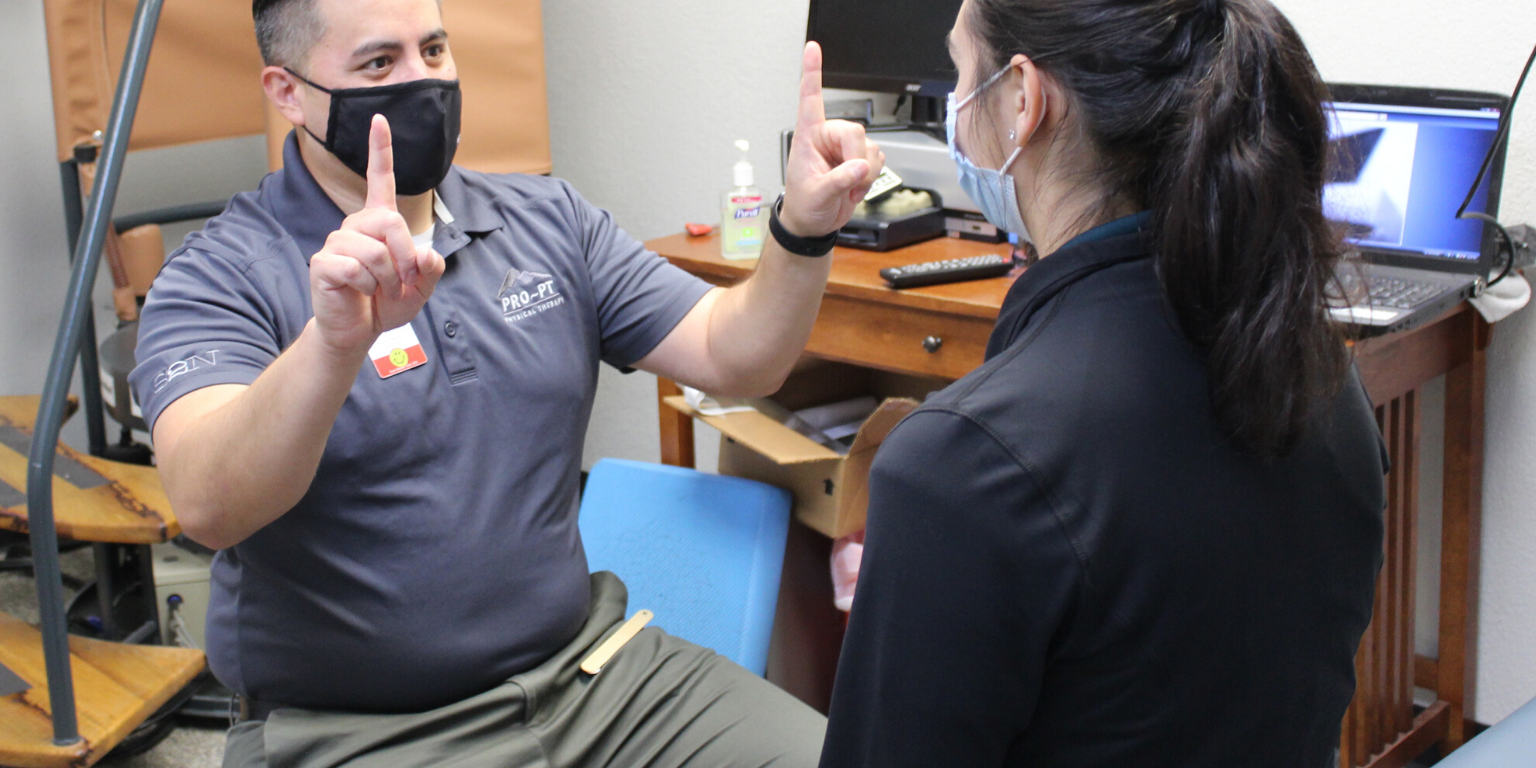
Discussions about concussions, also known as mild traumatic brain injuries (mTBI), have substantially increased over the years. However, reported and unreported concussions are also prevalent in the workplace, among veterans, and among the elderly.
Of those that were reported in 2008, there were 12 times as many non-sports-related concussions compared to sport-related concussions.
• One in four adult concussions occurred at work.
• 414,000 concussions were reported among U.S. service members from 2000-2009.
• Older adults account for almost 240,000 TBIs each year.
What is a concussion?
A concussion is defined as a mild form of traumatic brain injury that results in a temporary alteration in brain function, usually as a result of a blow to the head. The movement can cause the brain to bounce around, creating chemical changes and damage to brain cells.
What causes concussions?
Causes of concussions may include:
• Falls
• Motor vehicle accidents
• Blunt force from an object
• Assault
• Explosions

What are the symptoms of a concussion?
A person who suffers a concussion may exhibit any number of these symptoms.
- Headache
- Nausea/vomiting
- Unsteadiness
- Dizziness
- Vision changes
- Ringing in the ears
- Sensitivity to light or noise
- Confusion, concentration, or memory difficulties
- Feeling hazy, foggy, sluggish, or groggy
- Loss of consciousness
Emergency symptoms include:
- Loss of consciousness for more than 30 seconds
- Blood or fluid from the nose or ears
- Repeated vomiting
- Worsening headache
- Seizures
- Poor coordination
- Severe confusion
- Weakness in arms and legs
- Abnormal pupil size
- Slurred speech
What to do if you suspect you suffered a concussion?
- Stop any activity that may result in another head injury.
- Immediately contact a primary care provider and your supervisor, if you’re at work. Earlier diagnosis produces better outcomes.
- Rest. Concussion patients are often recommended to rest for 24 to 48 hours.
- Temporarily discontinue any activities that could result in head injuries.
How does physical therapy help treat concussions?
Physical therapy can help guide a gradual and safe return to activity and work with symptom management.
Recent studies support referring concussion patients to physical therapy within the first week of the injury. No studies found that early physical therapy caused adverse effects.
With a licensed PRO~PT physical therapist, your TBI will be evaluated, your deficits will be assessed, and an appropriate treatment plan will be formulated. Here’s what the treatment plan may look like.
Exercise: Cardiovascular exercises promote improved blood flow. Stronger neck muscles and improved neck muscle activation may reduce the risk of future concussions. Postural, balance, and gait training can improve safety by preventing falls and other concussive activities.
Manual therapy: Treatment of cervical spine symptoms usually associated with whiplash syndrome can decrease pain and improve overall function.
Vestibular rehab: Rehabilitation techniques can help decrease dizziness and coordination problems related to the vestibular system, such as canalith repositioning maneuvers for vertigo, gaze stability, and habituation exercises.
Diet + nutrition: Some vitamins and minerals in the food we eat can reduce inflammation, alleviating concussion symptoms.
Education: Much of the recovery from concussions depends on understanding what concussions are. This includes discussing with your physical therapist the nuances of how to self-manage symptoms, such as the difference between relative rest versus strict rest, pacing strategies, and signs and symptoms, and knowing what may warrant a follow-up with a health care provider.

Most people recover well and typically don’t have significant difficulties that last more than one to three months after injury. Avoid activities that have a high risk for another concussion because Second Impact Syndrome has serious consequences.
If you think you may have suffered a concussion and have not contacted your doctor, do so as soon as possible. After diagnosis, call (559) 713-6806 to schedule an evaluation, or request an appointment here to put together a personalized plan for your concussion rehabilitation.
If you continue to experience pain, schedule an appointment with us. We will connect you with one of our physical therapists, who are specially trained in developing personalized rehabilitation plans. Don’t let tennis elbow get in the way of your game—contact us today.
Call (559) 713-6806 to schedule an evaluation, or request an appointment here.







